2019-06-17 09:37
APL Halves Fleet Carbon Emissions Intensity Since 2009

Following the CMA CGM Group’s recent announcement on reinforcing its environmental objectives, APL today announced a 47.4% reduction in carbon dioxide emissions per container transported per kilometre in 2018, compared to its base level in 2009.
The result follows the Environmental Performance Assessment (EPA) of APL’s 2018 carbon dioxide emission data by the global non-profit organization Business for Social Responsibility’s (BSR’s) Clean Cargo Working Group (CCWG). The Clean Cargo EPA data was verified by Lloyd’s Register Group according to the Clean Cargo verification protocol and principles of ISO14064-3:2006 standard.
APL Global Head for Safety Security and Environment, Dennis Yee said, “As part of the CMA CGM Group, APL is firmly committed towards the protection of the environment and the reduction of its carbon footprint. Building upon the successful results we have achieved in this area, we are determined to persevere in our pursuits for excellence in sustainable shipping.”
APL is fully aligned with the CMA CGM Group’s ambitious commitment to reduce its carbon dioxide emissions per container transported per kilometre by 30% between 2015 and 2025, after the Group has achieved a 50% reduction between 2005 and 2015. Behind APL’s responsible shipping course is its holistic approach in driving operational efficiencies, fleet and voyage optimisation, as well as the deployment of a fuel-efficient fleet of vessels. Complementing a rigorous maintenance regime, the carrier also identifies solutions that improve its vessel fleet performance.
Gearing up for 2020 Global Sulphur Cap, APL will be using low-sulphur compliant fuel oil across its vessel fleet; employing advanced air quality systems on some vessels that clean emissions before they are released into the atmosphere; and deploying liquefied natural gas (LNG)-fuelled vessels according to vessel plans of the CMA CGM Group.
APL will make further inroads in environmental protection and ocean conservation as the Group takes delivery of nine new 22,000 TEU (Twenty-foot Equivalent Units) LNG-powered ships from 2020 onwards. Reducing air pollutants, APL vessels fitted with cold ironing capabilities use shore power while at berth in US West Coast ports; and in Yantian after a successful pilot with the port.
Stepping-up stakeholder collaborations, APL is now represented on the Clean Cargo Steering Committee. In this capacity, APL stands at the forefront of discussions in relation to clean energy sources, technology innovation and best practices that will facilitate global trade efficiently and responsibly.
< Korea Shipping Gazette >
많이 본 기사
- ‘부산 환적·광양 수출입’ 컨물동량 1%대 성장한국해양교통안전공단 이사장 공개 모집“한국해운 80년 역사 담았다” 해운역사기념관 개관태웅로직스, 이천 풀필먼트센터 구축…이커머스 물류 진출부산항 컨테이너 물동량 2488만TEU…최대치 경신‘컨선·LNG운반선 덕’ 선박수출액 8년만에 300억弗 돌파국제물류협회, 마이스터고 대상 ‘영마이스터 물류캠프’ 운영스위스 MSC, 부산-지중해 항로 개편…운송시간 단축해수부 신임 해사안전국장에 이수호 국장 임명기고/ 선박건조계약상 하자보증시 면책조항의 해석
- 엑소텍, 프랑스서 물류 자동화 행사 ‘엑소서밋 2026’ 개최지난해 中-유럽 정기화물열차 317만TEU 운송…전년比 8%↑인천항만공사, 인공지능 기반 혁신 우수사례 발굴 주력싱가포르항공, 싱가포르-리야드 직항 노선 신설日 나고야항, 6년만에 260만TEU 달성인사/ 국립목포해양대학교인사/ 해양수산부부산신항만, 에너지 취약계층 지원 성금 전달Hainan FTP's First Month of Island-Wide Special Customs Operations B...MSC Highlights Expanded Intermodal Solutions Across Africa
스케줄 많이 검색한 항구






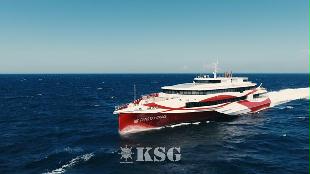
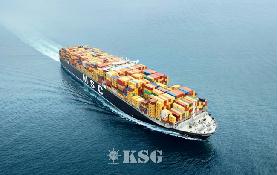
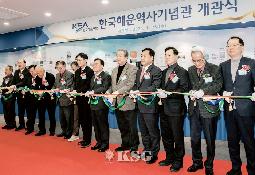
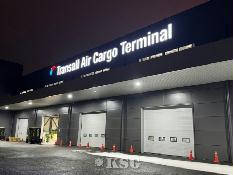
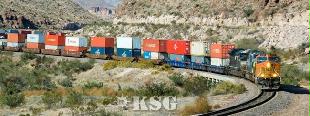
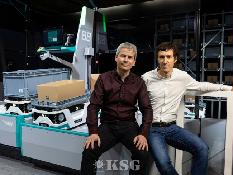

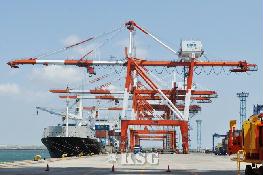

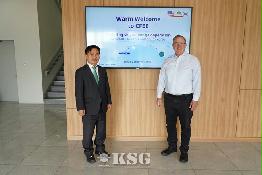
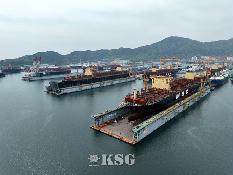
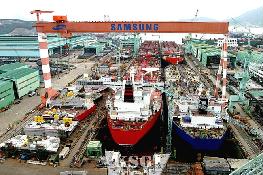
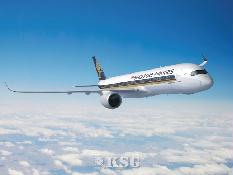
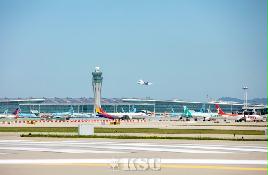
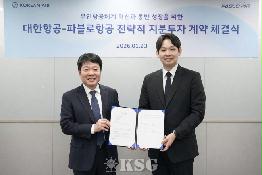
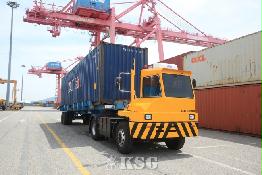


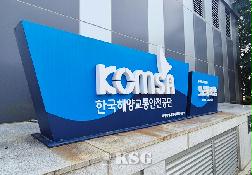
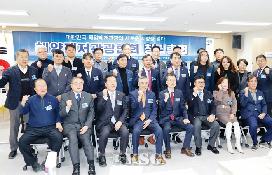


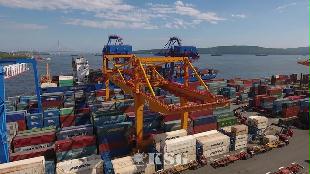
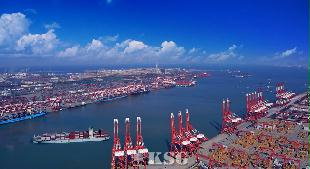
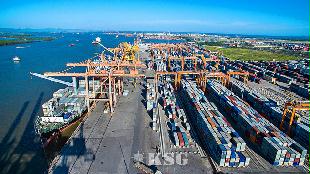
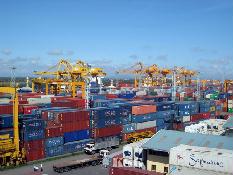





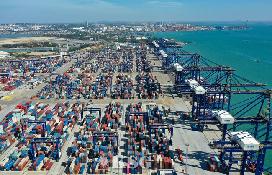
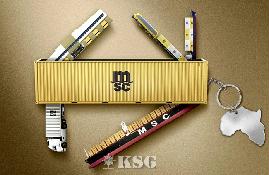
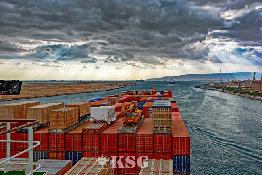
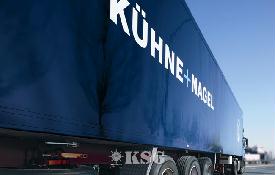

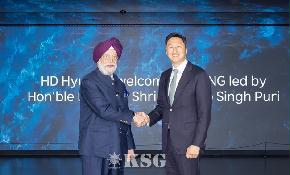




















0/250
확인